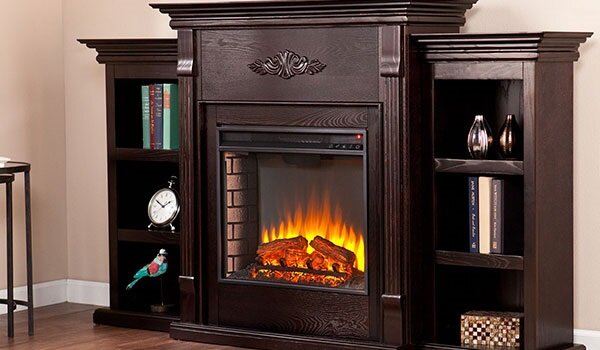Gradual encouraging moves to use natural gas efficiently

TEHRAN - To reduce consumption of natural gas by households in cold seasons there are signs in Tehran metro that instructs citizens to keep the temperature in houses between 18-21 degrees and that the natural gas is not “infinite”.
This is a very encouraging move that is expected to be spread to other things as well, especially the use of water by households.
That there are signs urging people to use natural gas efficiently shows that its consumption, like gasoline, has increased incredibly. It is the first time that such signs are seen in the metro.
There are three major reasons for excessive consumption of natural gas: probably, the first important reason is this mindset among subscribers that Iran houses great reserves of natural gas. The second is the price. And the third is inefficient technology.
Hamed Houri Jafari, a senior expert in the energy economy, has said that per capita natural gas consumption in Iran is 6.7 times more than the global average. Jafari also says in comparison to European Union countries, Iranians consume three times more.
The expert says Iran holds the second-largest gas reserves in the world but the “main challenge is excessive use of it in different sectors and low technology.” According to him, Iran is the largest consumer of natural gas after the U.S., China, and Russia.
He says Iran is paying 82-83 billion dollars in energy subsidies annually and most of it goes for natural gas.
According to the naftonline.ir, in the last Iranian calendar year (March 2020-March 2021) the households burned 630 million cubic meters of natural gas per day.
Of course, the huge consumption is not just related to households. Industries such as cement and steel are also among the main consumers of natural gas, which their consumption should be reduced through pricing and tapping modern technologies.
At the same time that the National Iranian Gas Company (NIGC) is encouraging households to use natural gas efficiently, gas bills should also be considered as a tool to control consumption. However, in this regard, there is a serious problem. There are numerous apartments all across the country which their consumption is not calculated based on each household. In these apartments, the consumption is measured based on a “single” gas meter.
Unfortunately, this has created fewer incentives among the residents of apartments with one gas meter to use natural gas efficiently. It is not clear which household consumes more or less.
Though over the recent years housebuilders have been tasked to use separate gas and water meters for each house, most apartments still use just one gas meter or water meter.
To put a brake on the excessive use of natural gas and water by households, the responsible bodies should try to iron out a mechanism in which each family or household pays separately for natural gas and water utility bills, like electricity. Doing this may be costly, however, it will benefit the energy sector and households as well.
Responsible bodies, including the ministries of housing, energy, and oil, should also set rules to make houses energy efficient. If this applies, houses will need less energy to heat in the wintertime and cool in the summertime.
In addition to these steps, citizens should also be trained that the more we use energy, even natural gas, the more emissions will be released into the atmosphere to the detriment of our environment.
Leave a Comment